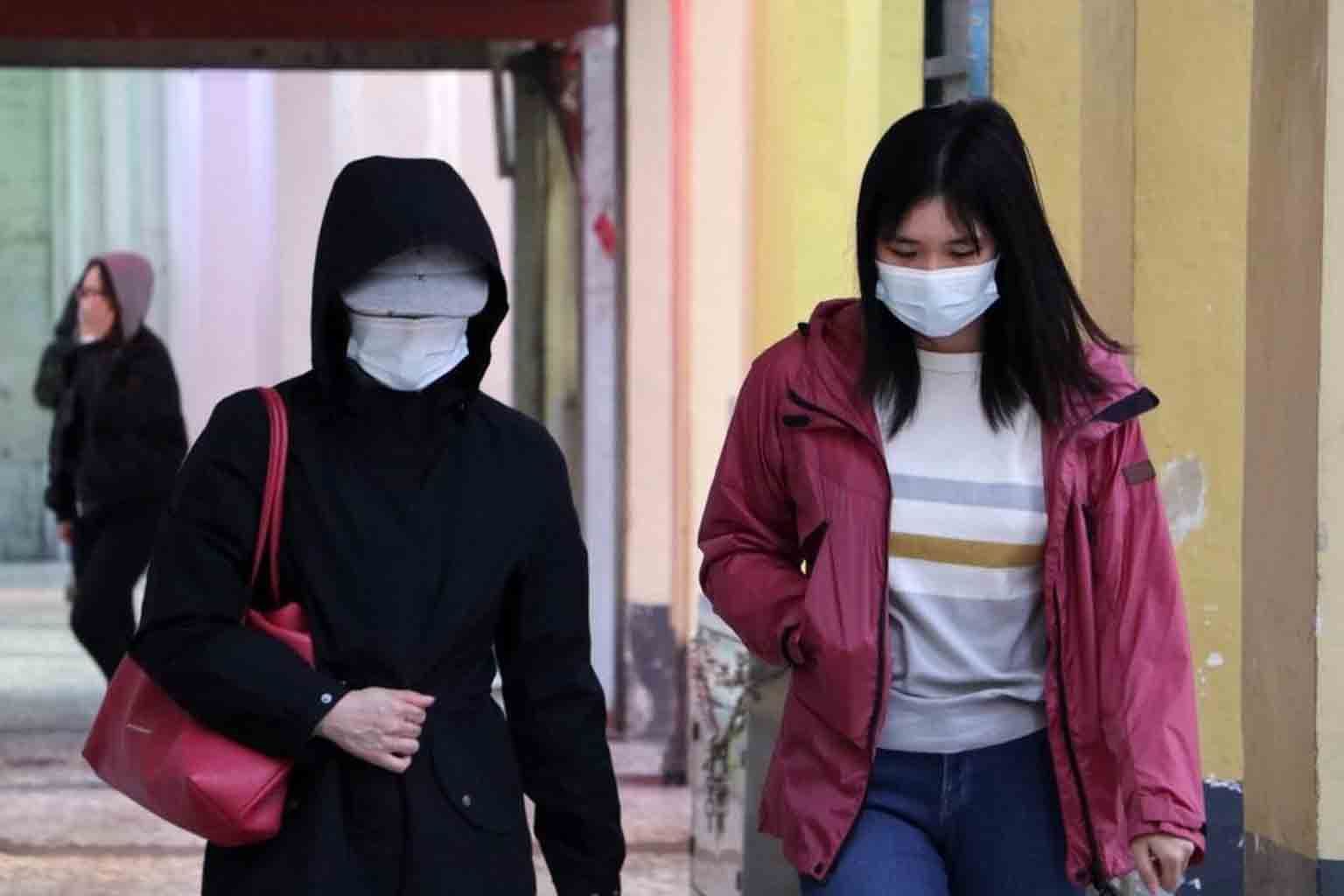The Coronavirus outbreak– A term that can send shivers down the spine of any aware person in the world. The disease, also known as COVID-19, has infected more than 98,000 people globally, killing more than 3300(as of March 5), and is on its way to becoming a global pandemic.
Although the virus has affected more people than predicted and doesn’t seem to be going away anytime soon, the cure to it hasn’t been invented yet( all credits to its super fast and easy transmission). Luckily, the test has been invented pretty fast, and nowadays, one can easily get tested for it and even receive the results in a day. You can even get same-day test results at home with rapid PCR testing in Chicago and other cities. In-home testing saves you the hassle of visiting a clinic or testing center but ensures that you get quality medical care at the same time. If you’re wondering about the test, here’s everything you need to know about it.
Coronavirus Tests
 Coronavirus Tests
Coronavirus TestsTo know if you have Coronavirus, you will have to undergo any one of the five tests
1. The Swab Test
Since the Coronavirus mainly replicates in the respiratory tract and causes respiratory problems, for the test, your throat will be swabbed. The physician will take a special cotton swab and collect a sample through your nose or throat.
2. Nasal Aspirate
A saline solution will be injected into your nose and kept for some time. The sample will then be removed using gentle suction.
3. Tracheal Aspirate
To check the lungs, a Bronchoscope will be used to get a sample from it. A Bronchoscope is a thin, lighted tube with a camera that is inserted through the nose or mouth.
4. The Sputum Test
Since the virus usually affects the lower respiratory tract, a swab test may not be the best sample in some cases. If you have a wet cough, you will be asked to cough out your sputum (mixture of Saliva and mucous) in a special cup, a sample from which will be tested for the virus.
5. Blood Test
The blood sample will be collected from a vein in your arm and checked either using a blanket test or a specialized gene sequencing test.
In India, the specimens of suspected novel coronavirus patients are tested at the National Centre for Disease Control (NCDC) in Delhi, Indian Council of Medical Research (ICMR)’s laboratories at Alappuzha, Bengaluru, Hyderabad, and Mumbai, besides the National Institute of Virology (NIV), Pune. All these labs work under the guidance of NIV.
Preparation
The testing doesn’t need any special precautions or preparations and you can get tested anytime. However, if you suspect the disease, it is better to wear a mask even before being tested to prevent the spread of the infection, if any.
Any Risks Involved?
Not really. The Swab test will be the most comfortable and simplest of all. The Nasal Aspirate might feel a little uncomfortable but it is temporary and should go away in a few minutes.
The blood test also has minimal risks associated(other than the hygiene risks), you may have a slight tingling sensation or pain, which will go away by itself in a few hours. However, the Tracheal aspirate has minor risks of bleeding or infection, so comply with your physician very carefully during the test.
The Results
 Coronavirus Tests
Coronavirus TestsThe samples taken from your tests are sent to coronavirus testing labs or coronavirus test centers. If you test positive for the virus, you probably have a coronavirus infection. The first thing to keep in mind is to not panic and take the steps to recover and not spread the germ further.
Remember, there might be 98,000+ people affected but there are also 56,000+ people who have successfully been cured and discharged, which clearly shows that there’s no reason to worry, if you take proper steps, chances of recovery are much higher. There is so specific treatment for the disease yet, but you can take the following steps to control the worsening of it-
- Drink enough fluids
- Take painkillers (only the ones suggested by your physician)
- Take rest
If your symptoms keep getting worse, visit the hospital and get admitted without any delay. It may be a sign of pneumonia and needs to be treated as soon as possible. The general symptoms of pneumonia are worsening cough, trouble breathing, and high fever. If you test negative, you may need further tests for assurance.
Bottom Line
 Coronavirus Tests
Coronavirus TestsIf you have an infection, do not worry, the majority of that infected recover and so can you. If you haven’t got it, it is important to try to prevent it as much as you can. Here are some steps that you should follow-
- Make it a habit to wash your hands. If washing with soaps, wash for at least 20 seconds and if using a sanitizer, use an alcohol-based one with q minimum of 60% alcohol content.
- Avoid touching your eyes, nose, and mouth, especially when in Public.
- Maintain social distance. Do not go very close to anyone in public and if possible, maintain a safe distance from people who are coughing or sneezing.
- Always keep disinfectants handy and clean the frequently touched objects with them regularly.
Remember, prevention is always better than cure. Prevention of such a virus can be difficult and inconvenient but we need to stop it from spreading further. The deadly disease has already claimed the lives of 3000+ officially which is a clear indication of the seriousness that is required to stop it.
Also Read: Mother’s Guide To Protect Her Family From Coronavirus

